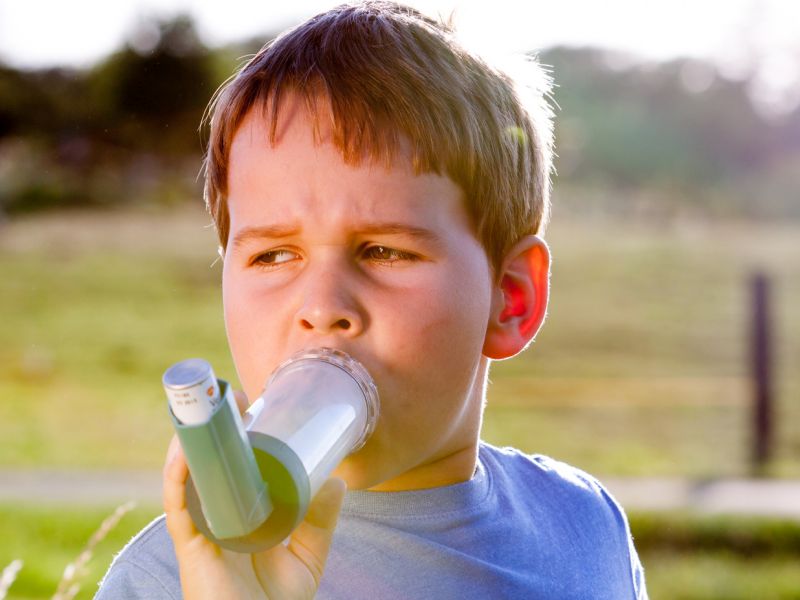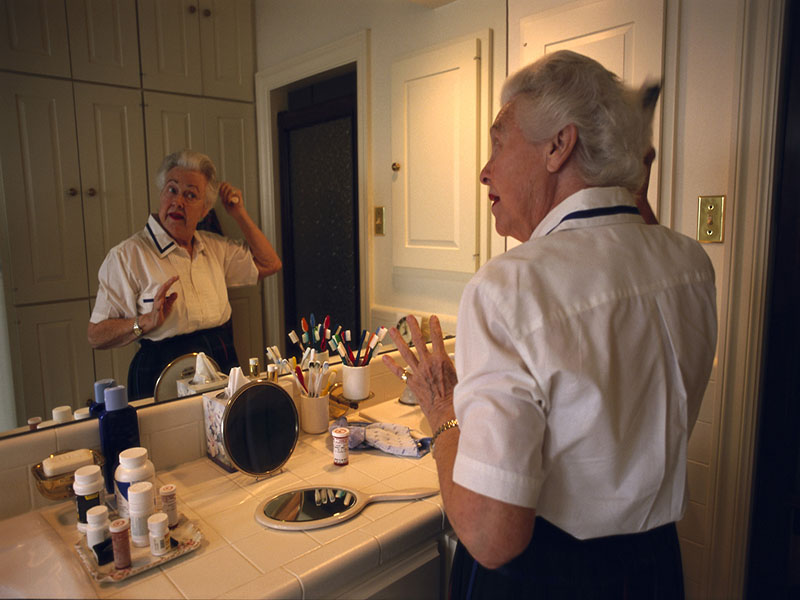
From chilly temperatures to the flu or allergies, a runny nose has a variety of causes. A prescription antibiotic usually is not needed to treat a runny nose, says Cleveland Clinic. To get rid of a runny nose, Cleveland Clinic suggests: Rest as much as possible. Drink lots of fluids, especially water. Use saline nasal… read on >
















